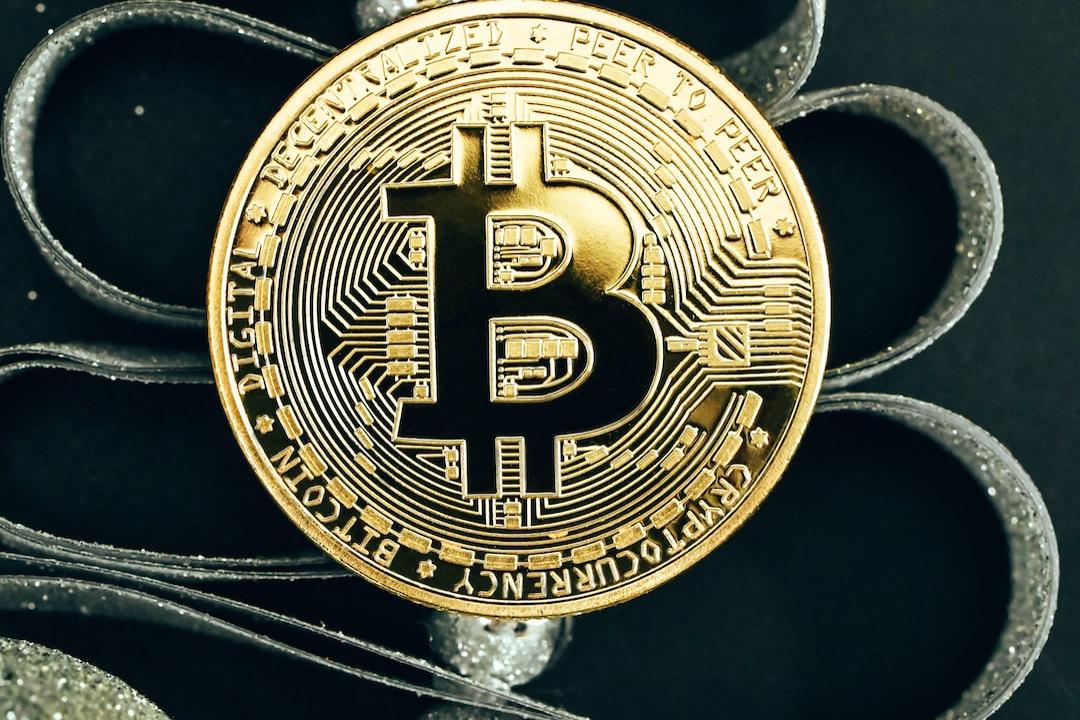PayPal has made an exciting announcement today, revealing that its stablecoin, PayPal USD (PYUSD), is now up and running on the Solana blockchain. This move comes after the successful launch of PYUSD on the Ethereum mainnet back in August 2023, marking a nine-month journey. The decision to expand onto Solana was driven by the desire to enhance the functionality and accessibility of PYUSD, leveraging Solana’s cost-effective and high-throughput capabilities.
So, why did PayPal opt to broaden the reach of its stablecoin to Solana? The reasons are crystal clear:
– Cost-effectiveness
– High throughput and rapid settlement speeds
– Token extensions that enhance compliance functionality
In a bid to shed more light on their choice to build on Solana, PayPal has penned an open letter, providing insights into their strategic move. This step underscores PayPal’s commitment to raising awareness, utility, and ubiquity for PYUSD.
Over its years in the digital payments realm, PayPal has learned valuable lessons on how to drive adoption for PYUSD effectively. The key lies in a three-stage approach: awareness, utility, and ubiquity.
The awareness phase involves introducing the new technology to the masses. By launching PYUSD on Ethereum, the second-largest blockchain by market capitalization, PayPal managed to reach over 100 million users in the US through the integration with PayPal and Venmo apps. Targeting early adopters, who make up about 15% of the population, is crucial during this phase to spread the word about PYUSD.
Moving on to the utility stage, the focus shifts to making the technology practical for everyday transactions. eBay played a pivotal role in helping PayPal achieve utility by fostering trust between buyers and sellers. For PYUSD, this means ensuring fast and cost-effective transactions that cater to day-to-day needs. While Ethereum brought significant awareness, it fell short in meeting all these requirements, prompting the shift to Solana, known for its cost efficiency and high throughput.
Solana’s selection was based on its support for key features essential for PYUSD’s growth, including confidential transfers, transfer hooks, and memo fields. These features enable privacy in transaction amounts, allow for custom programs during token transfers, and facilitate the inclusion of additional information with payments.
The ultimate goal is ubiquity, where PYUSD seamlessly integrates as a mainstream payment method across various applications. PayPal envisions faster, cheaper transactions facilitated by PYUSD’s migration to a decentralized multi-chain architecture.
In conclusion, PayPal’s strategic move to launch PYUSD on Solana underscores its commitment to enhancing the stablecoin’s functionality and accessibility, setting the stage for broader adoption and utility.

